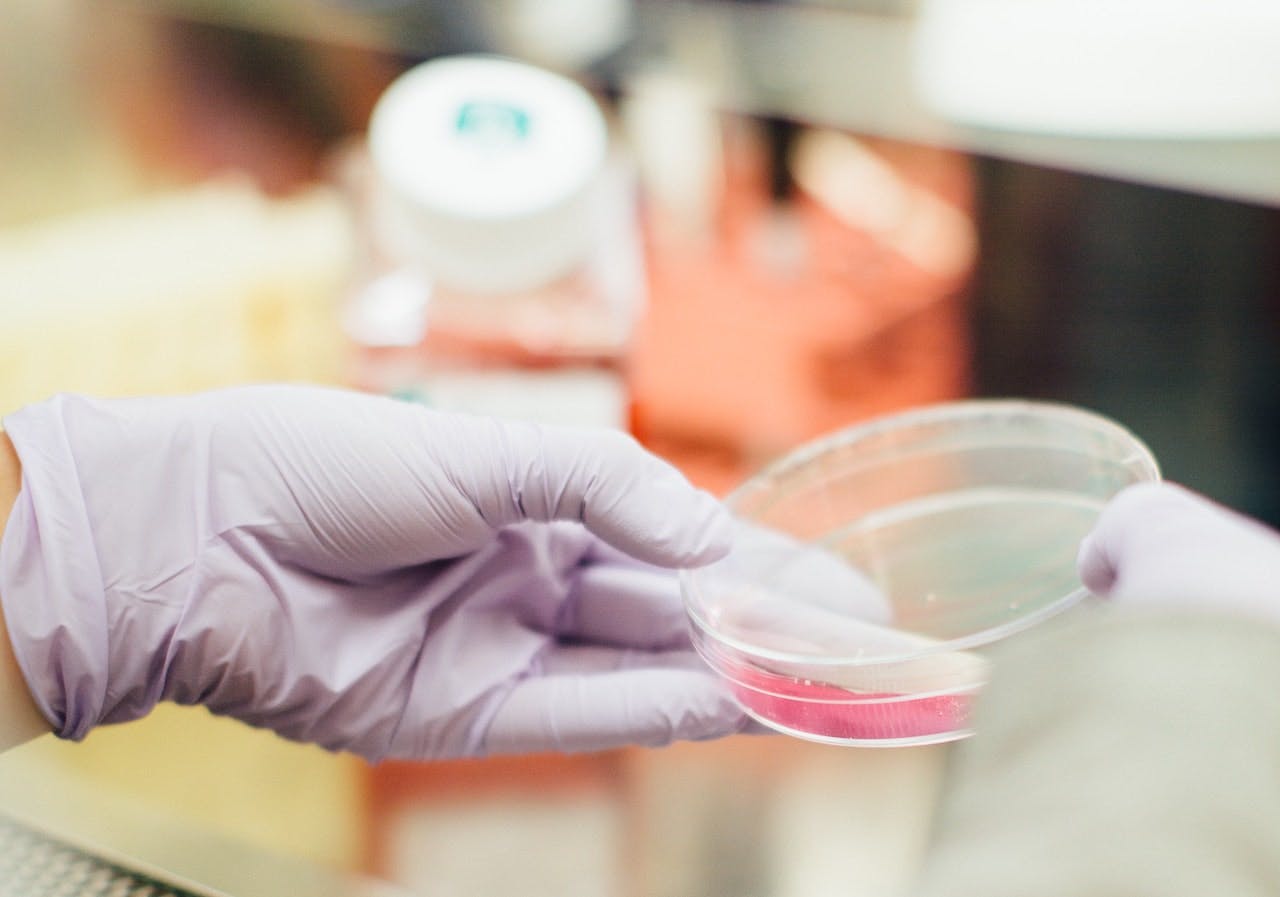Some of the most impactful research and inventions come from public institutions like universities. These organizations are attempting to pursue stricter avenues of patenting their work, particularly within the often competitive fields of science. It’s a necessary route for them to go in order to protect their rights, but it has caused significant changes and even disruption on multiple levels.
Academic patenting on university research comes at a time when most policies attempt to create a better connection between this often federally funded information and public awareness. Universities can patent their work, and then license or sell their results to bring in their own funding.
Debates regarding the impact of patenting at this level stoke concerns that most of these patients are held by the same few inventors rather than coming from a diverse font of knowledge bases.
Patents at the University Level
Until a few decades ago, information obtained during research at a university, particularly if it was funded by federal money, was federal public property. A landmark case in 1980 resulted in the passing of the Bayh-Dole Act. This legislation gave the right to those who received federal R&D funding the ability to patent their inventions and then license them out to firms.
This started a landslide of effects in the American university system. After that case, universities had autonomy of the research performed on their grounds and had full control over retaining the intellectual property that came from research performed by their students and staff.
Researchers then became motivated to complete projects that could result in high shared licensing royalties or collaborate with industries that could prove to be lucrative.
How Universities Use Intellectual Property for Research
When the researcher has a passion and personal desire to undertake their project, it often takes on wings of its own. The inventions and intellectual property that result from these projects tend to be broader and more in-depth, resulting in an understanding of the potential outcomes early on. When this happens, patents can be requested before commercial applications are on the horizon.
Universities are encouraged to share their research results commercially now that they have access to the rights of their intellectual property. But even more tempting to researchers is that because of this carrot, institutions and scholars are incentivized to come up with results, and, sometimes, to share those results with outside parties.
The Debate Ensues
When ownership of intellectual or physical property is debated between that of the scientist or that of the university, problems are expected to arise. What naturally occurs, then, is the path of individuals who collaborate with the institution receiving more patents and credit.
Multiple debates have resulted in the disruption of knowledge before it’s disseminated to its intended audience. In some cases, the university or scientist wants to be given rights of the academic patent over the work they produced. In other cases, the funding partners who have a stake in controlling the property rights wish to hold the patent.
When universities partner with industries, the potential impact for them to spread their information to a wide audience multiplies. If they use the same researchers and partners, then only a handful of institutions, industries, or individuals own the majority of patents on intellectual and physical academic property.
Other debates claim that the “exemption for research use” title unfairly allows universities to be exempt from paying patenting fees and other invention fees since universities serve a public mission. However, these patents allow universities to receive monetary rewards that are not used solely for the public good.
All of these debates have impacted and disrupted the regular timeline of finalizing research and distributing the information to the audience.
One Debate Solved: Impactio is the Way to Publish Your Research
No matter who is holding the rights to the patent, the work must be submitted professionally. When you use Impactio to put together your patenting request, final project outcome, and other scholarly needs, you have an all-in-one place to get the job done.
From publishing your profile into professional PDF documents and web pages to connect with a network of other experts, Impactio is the program the scholars turn to for their academic needs. Keep your work from experiencing further obstacles in reaching its audience when you use Impactio. We have the tools to get you to the next step in your final outcome.
